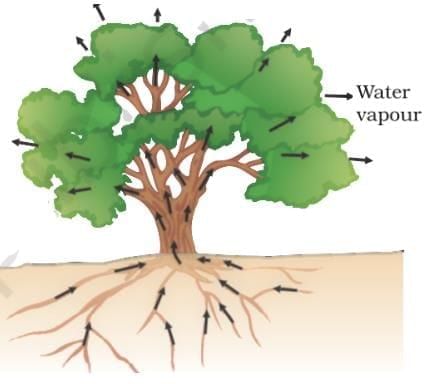Additional Information about Very Short Questions: Life Processes for Class 10 Preparation
Very Short Questions: Life Processes Free PDF Download
The Very Short Questions: Life Processes is an invaluable resource that delves deep into the core of the Class 10 exam.
These study notes are curated by experts and cover all the essential topics and concepts, making your preparation more efficient and effective.
With the help of these notes, you can grasp complex subjects quickly, revise important points easily,
and reinforce your understanding of key concepts. The study notes are presented in a concise and easy-to-understand manner,
allowing you to optimize your learning process. Whether you're looking for best-recommended books, sample papers, study material,
or toppers' notes, this PDF has got you covered. Download the Very Short Questions: Life Processes now and kickstart your journey towards success in the Class 10 exam.
Importance of Very Short Questions: Life Processes
The importance of Very Short Questions: Life Processes cannot be overstated, especially for Class 10 aspirants.
This document holds the key to success in the Class 10 exam.
It offers a detailed understanding of the concept, providing invaluable insights into the topic.
By knowing the concepts well in advance, students can plan their preparation effectively.
Utilize this indispensable guide for a well-rounded preparation and achieve your desired results.
Very Short Questions: Life Processes Notes
Very Short Questions: Life Processes Notes offer in-depth insights into the specific topic to help you master it with ease.
This comprehensive document covers all aspects related to Very Short Questions: Life Processes.
It includes detailed information about the exam syllabus, recommended books, and study materials for a well-rounded preparation.
Practice papers and question papers enable you to assess your progress effectively.
Additionally, the paper analysis provides valuable tips for tackling the exam strategically.
Access to Toppers' notes gives you an edge in understanding complex concepts.
Whether you're a beginner or aiming for advanced proficiency, Very Short Questions: Life Processes Notes on EduRev are your ultimate resource for success.
Very Short Questions: Life Processes Class 10
The "Very Short Questions: Life Processes Class 10 Questions" guide is a valuable resource for all aspiring students preparing for the
Class 10 exam. It focuses on providing a wide range of practice questions to help students gauge
their understanding of the exam topics. These questions cover the entire syllabus, ensuring comprehensive preparation.
The guide includes previous years' question papers for students to familiarize themselves with the exam's format and difficulty level.
Additionally, it offers subject-specific question banks, allowing students to focus on weak areas and improve their performance.
Study Very Short Questions: Life Processes on the App
Students of Class 10 can study Very Short Questions: Life Processes alongwith tests & analysis from the EduRev app,
which will help them while preparing for their exam. Apart from the Very Short Questions: Life Processes,
students can also utilize the EduRev App for other study materials such as previous year question papers, syllabus, important questions, etc.
The EduRev App will make your learning easier as you can access it from anywhere you want.
The content of Very Short Questions: Life Processes is prepared as per the latest Class 10 syllabus.
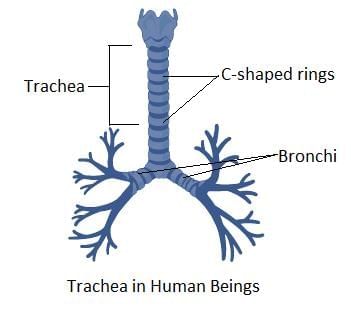
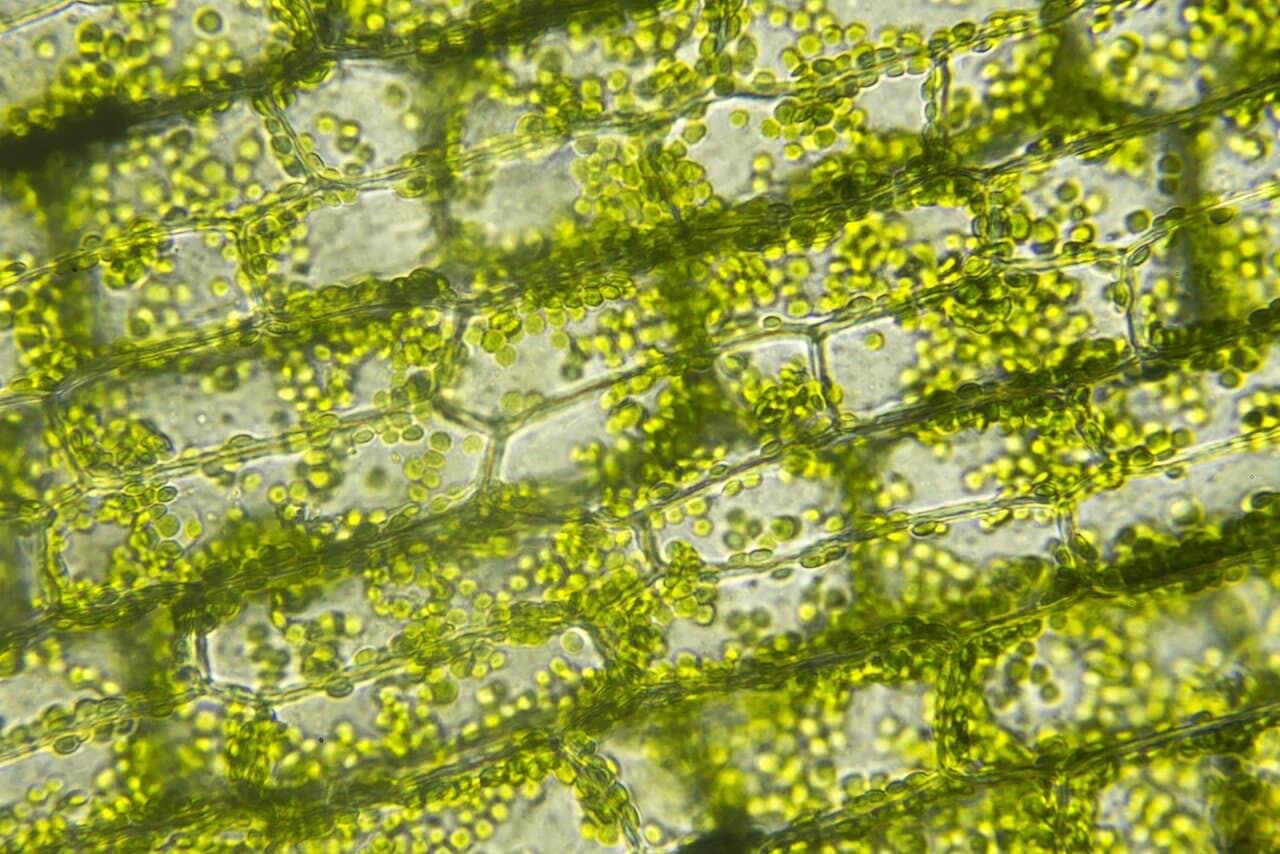
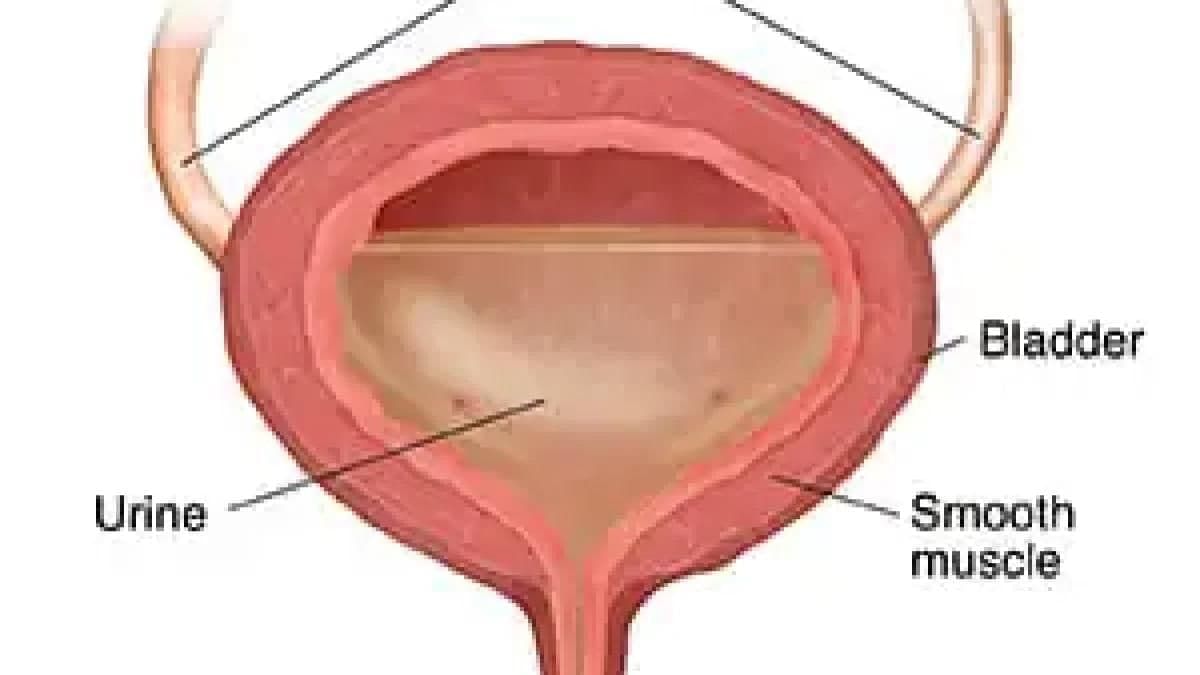
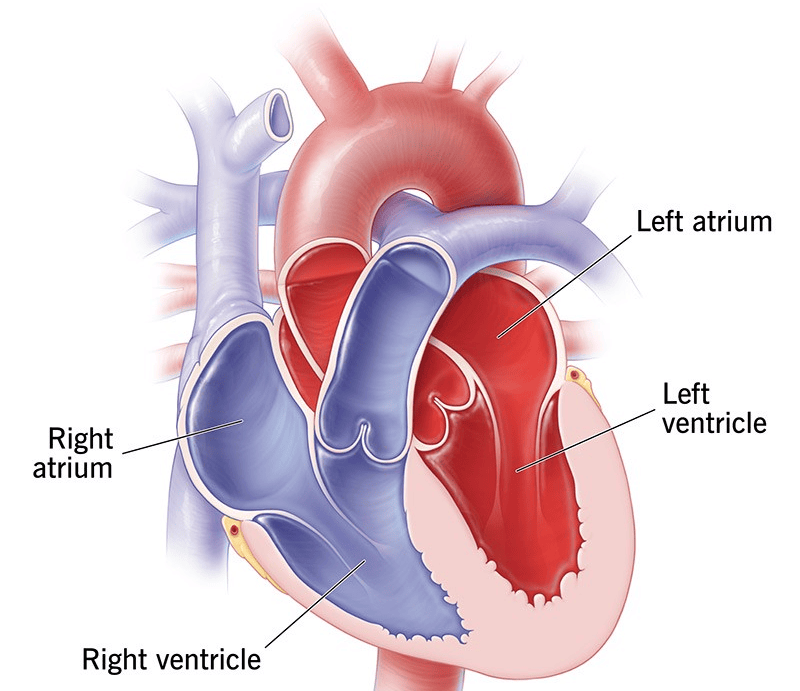 Heart ChambersThe right atrium receives deoxygenated blood from various parts of the body through the vena cava. The left atrium receives the oxygenated blood from the lungs through the pulmonary artery.
Heart ChambersThe right atrium receives deoxygenated blood from various parts of the body through the vena cava. The left atrium receives the oxygenated blood from the lungs through the pulmonary artery.